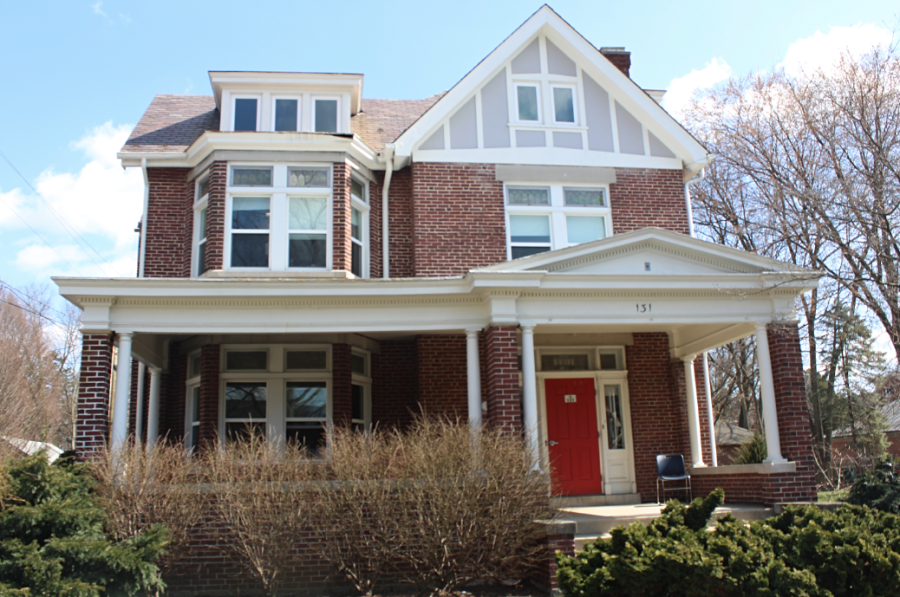Students Apply to Bring Black Culture Special Interest House
A group of Dickinson students led by Mickela Lawes ’24 and Celeste Hopson ’24 are applying to create a Special Interest House around the African diaspora and act as a center for Black culture in the Dickinson and Carlisle communities.
Strayer House – which is still the building’s formal name – is currently occupied as the Human Cultures special interest house for Archeology and Anthropology. According to online posts made to advertise the potential special interest house, it used to be a “place of refuge for members of the Black community at Dickinson and in Carlisle” during the 1970s.
Hopson became inspired to bring back Strayer House during an independent study class she is taking with the Africana Studies department. Her research from the class will be displayed in an exhibit titled “Black Student Organizing: Dickinson College 1963-2022” on April 1.
During the house’s existence in the 1970s, it acted as a safe space for Black students that also organized service work and hosted community events such as the Congress of African Students and the Black Art Festival. Lawes said that “[recultivating] that energy and that space for our students here now” was a driving factor in moving forward with bringing back Strayer House. It also hosted a Martin Luther King Jr. Memorial Library in its basement, which brought forth a collection of writings about Black history.
An important element of Africana Studies is the idea of Sankofa, which means “to go back and get it.” Hopson sees this as going back into Black history and getting it to “inspire and influence the people of now.”
After seeing the ways Black students have organized in Dickinson’s past, she was inspired to go back, get Dickinson’s history and organize the return of Strayer House with Lawes. Hopson said she feels that putting in the application for Strayer House is in part “…gifting alumni and gifting the past students for what they did in the 70s and 80s here.”
Strayer will be co-sponsored by the Africana Studies department and Black Student Union. The final decision on whether Strayer House will be approved for next year will come a week after the March 17 application deadline. Students who are interested in more information can contact Lawes via email ([email protected]).







